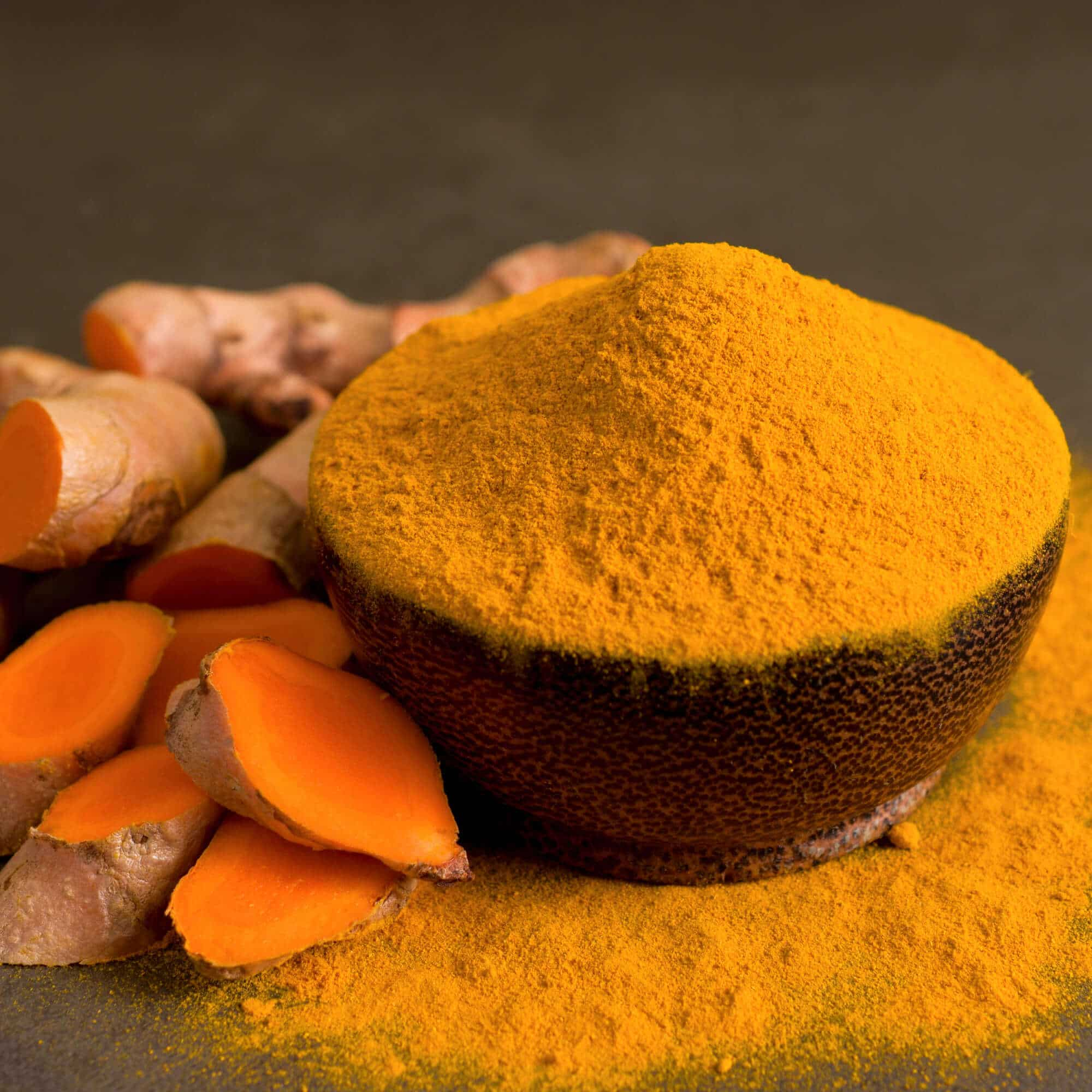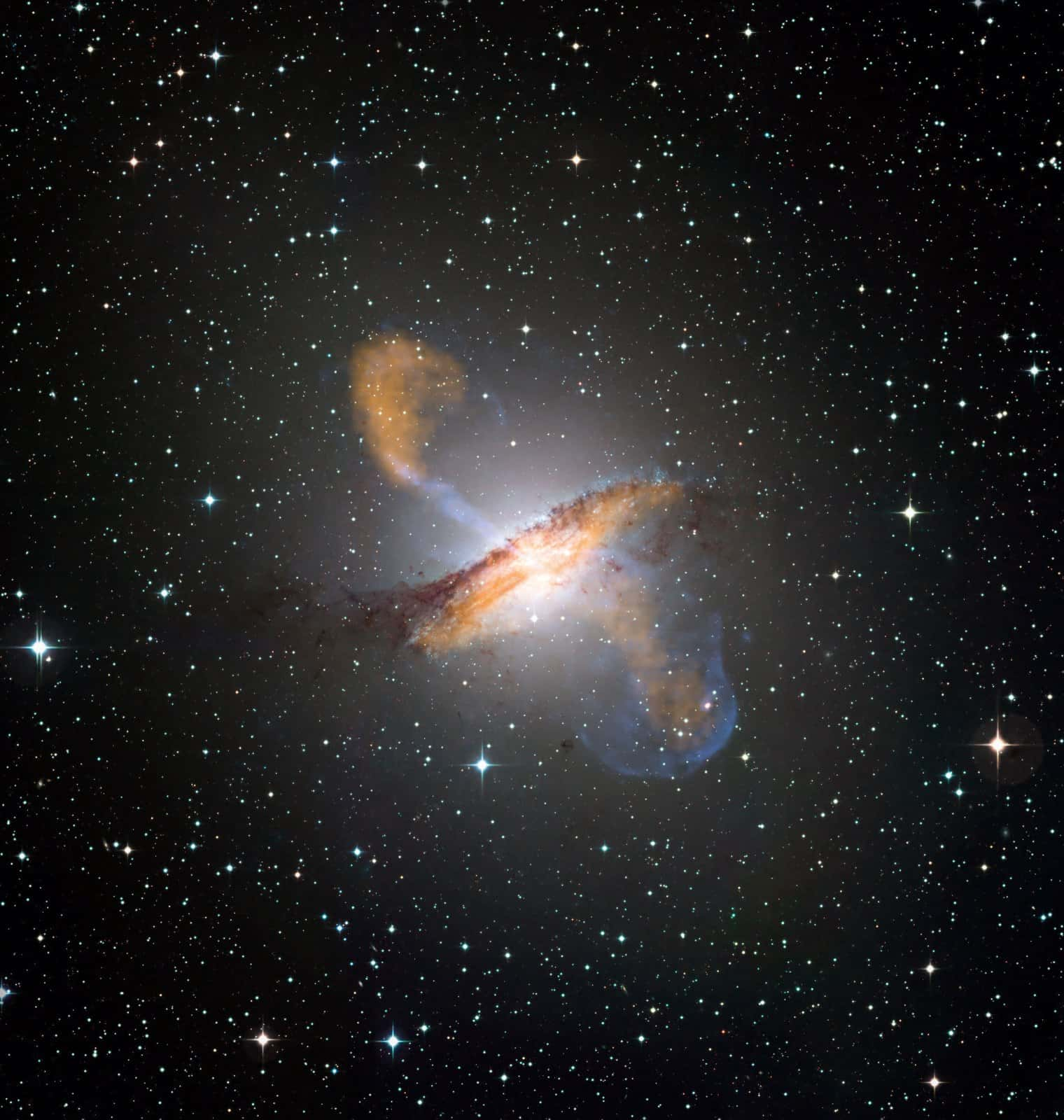It reinforces the impact of similar moves across Asia and the Middle East.
The Indian government’s to free-up petrol prices and raise the cost of diesel and other fuels, as part of a move towards a market regime, will help make emerging-market demand much more sensitive to changes in crude oil prices and lessen the probability of another price spike.
It reinforces the impact of similar moves across Asia and the Middle East.
Market analysts remain fiercely divided about what caused the doubling of crude oil prices between the first quarter of 2007 (when they averaged $58 per barrel) and second quarter of 2008 ($124).
But three factors were crucially important:
(1) Extensive price controls and subsidies on refined product prices across most of Asia and the Middle East ensured households and firms were insulated from the rise in oil prices. Price controls broke the “invisible hand” and meant regional consumers faced no real pressure to reduce consumption or switch to alternative fuels despite the doubling in crude costs.
The entire burden of adjustment therefore fell on households and firms in the advanced industrial economies. Prices had to surge high enough to force deep cuts in the western world’s oil consumption to offset supply shortages and unrestrained demand growth in emerging markets.
(2) Oil producers were unwilling or unable to materially increase supply in response to soaring prices. In the short term, supply is fairly fixed.
Those producers holding spare capacity (mostly Saudi Arabia) either had the wrong sort of crude (heavy, sour) or doubted that adding additional barrels to the market would make much difference, given inventories already appeared to be at reasonable levels and there was no sign of physical shortages.
(3) Hedge funds and other “managed money” participants built up a (then-record) net long position in WTI-related oil futures and options on the assumption that although prices were already high, they would need to rise even further to “choke off” demand and balance the market.
In particular, many investors seem to have concluded that neither emerging market demand nor crude supply would be very responsive to prices unless they spiked to exceptionally high levels.
Fundamentals and speculation
The net long of so-called “managed money” traders peaked at around 187,000 contracts (187 million barrels) in early to mid-May 2008, when crude oil prices had touched $120-125, according to the disaggregated commitments of traders reports published by the U.S. Commodity Futures Trading Commission (CFTC).
Crude oil prices peaked about 7-8 weeks later, by which stage managed money traders had already cut their positions by around half to 100,000 contracts.
In what was probably a sign the market was peaking, and the prevailing view breaking down, the 7-8 week interval between mid-May and the price peak in early July was characterised by an exceptional degree of both close-to-close and intra-day volatility.
Close-to-close volatility surged from around 26% to just over 40%.
The interval between mid-May and early July 2008 saw two significant developments which probably convinced many participants the market was turning: China announced huge increases in state-controlled gasoline and diesel prices to take effect from June 20, and Saudi Arabia said at the Jeddah summit in June it would increase output to 9.7 million barrels per day.
Meanwhile the CFTC was forced to testify before Congress in May about surging prices, and formed an inter-agency task force to examine the cause in June, signalling a dramatic increase in the risk of regulatory intervention.
By the start of September — well before the collapse of Lehman Brothers brought on a liquidity crisis — crude prices had already fallen almost a third to around $100 per barrel.
For all the fierce debate, most analysts agree on the basic elements of the story, though they differ in the relative weight that should be attached to them, and what conclusions policymakers should draw.
The best explanations for the price spike recognise that prices are determined jointly by short-term physical fundamentals and long-term expectations (or speculation).
Price controls in China, India and across most of South-East Asia and the Middle East played a key role in the crisis by ensuring regional oil consumption remained artificially strong despite the surge in crude futures.
Signs that price controls had become unaffordable and were being dismantled or scaled back in China, India, Indonesia and a host of other countries were a key trigger for the subsequent market correction.
China has since sought to link domestic gasoline and diesel prices more closely with international crude movements. Prices are still controlled by the government but are changed more frequently.
The powerful National Development and Reform Commission has already announced 10 changes in gasoline and diesel prices during 2009 and 2010, compared with 18 in the whole of the previous six years (2003-2008).
In the long term, the government is trying to move prices closer to international levels — with a clear upward bias in changes designed to speed the adoption of greater energy efficiency — while remaining sensitive to the impact on the cost of living and the potential for social unrest.
India’s government has been more wary about raising fuel prices. Ministers repeatedly postponed a decision before today’s announcement. Inflation is already running at double-digit rates (far higher than in China).
The Congress-led federal government is sensitive to the political and social impact of boosting the price of basic necessities, including the kerosene used by the poor for power and gas for cooking.
But this politically tricky decision indicates the government is at last moving decisively towards a more market-driven system. Gradual elimination of subsidies and dismantling of price controls across Asia and parts of the Middle East has much wider implications. It will ensure that local households and businesses are far more exposed to any rise in oil prices and should react much more quickly to curb consumption in future.
In the short term, India’s decision to raise product prices is (slightly) bearish for crude oil demand and futures.
But by making the whole oil market much more responsive to price changes, rather than relying on adjustments by customers in North America, Western Europe and Japan, it should substantially lessen the prospect of a repeat of the disequilibrium conditions that fuelled the last spike.
John Kemp is a Reuters market analyst. The views expressed are his own.
![submenu-img]() Mukesh Ambani’s daughter Isha Ambani’s firm launches new brand, Reliance’s Rs 8200000000000 company to…
Mukesh Ambani’s daughter Isha Ambani’s firm launches new brand, Reliance’s Rs 8200000000000 company to…![submenu-img]() Sonali Bendre says producers called her 'too thin', tried to ‘fatten her up' during the 90s: ‘They'd just tell me...'
Sonali Bendre says producers called her 'too thin', tried to ‘fatten her up' during the 90s: ‘They'd just tell me...'![submenu-img]() Heavy rains in UAE again: Dubai flights cancelled, schools and offices shut
Heavy rains in UAE again: Dubai flights cancelled, schools and offices shut![submenu-img]() When 3 Bollywood films with same story released together, two even had same hero, all were hits, one launched star kid
When 3 Bollywood films with same story released together, two even had same hero, all were hits, one launched star kid![submenu-img]() Gautam Adani’s firm gets Rs 33350000000 from five banks, to use money for…
Gautam Adani’s firm gets Rs 33350000000 from five banks, to use money for…![submenu-img]() DNA Verified: Is CAA an anti-Muslim law? Centre terms news report as 'misleading'
DNA Verified: Is CAA an anti-Muslim law? Centre terms news report as 'misleading'![submenu-img]() DNA Verified: Lok Sabha Elections 2024 to be held on April 19? Know truth behind viral message
DNA Verified: Lok Sabha Elections 2024 to be held on April 19? Know truth behind viral message![submenu-img]() DNA Verified: Modi govt giving students free laptops under 'One Student One Laptop' scheme? Know truth here
DNA Verified: Modi govt giving students free laptops under 'One Student One Laptop' scheme? Know truth here![submenu-img]() DNA Verified: Shah Rukh Khan denies reports of his role in release of India's naval officers from Qatar
DNA Verified: Shah Rukh Khan denies reports of his role in release of India's naval officers from Qatar![submenu-img]() DNA Verified: Is govt providing Rs 1.6 lakh benefit to girls under PM Ladli Laxmi Yojana? Know truth
DNA Verified: Is govt providing Rs 1.6 lakh benefit to girls under PM Ladli Laxmi Yojana? Know truth![submenu-img]() Remember Ayesha Kapur? Michelle from Black, here's how actress, nutrition coach, entrepreneur looks after 19 years
Remember Ayesha Kapur? Michelle from Black, here's how actress, nutrition coach, entrepreneur looks after 19 years![submenu-img]() Remember Heyy Babyy's cute 'Angel' Juanna Sanghvi? 20 year-old looks unrecognisable now, fans say 'her comeback will...'
Remember Heyy Babyy's cute 'Angel' Juanna Sanghvi? 20 year-old looks unrecognisable now, fans say 'her comeback will...'![submenu-img]() In pics: Arti Singh stuns in red lehenga as she ties the knot with beau Dipak Chauhan in dreamy wedding
In pics: Arti Singh stuns in red lehenga as she ties the knot with beau Dipak Chauhan in dreamy wedding![submenu-img]() Actors who died due to cosmetic surgeries
Actors who died due to cosmetic surgeries![submenu-img]() See inside pics: Malayalam star Aparna Das' dreamy wedding with Manjummel Boys actor Deepak Parambol
See inside pics: Malayalam star Aparna Das' dreamy wedding with Manjummel Boys actor Deepak Parambol ![submenu-img]() DNA Explainer: Why Harvey Weinstein's rape conviction was overturned, will beleaguered Hollywood mogul get out of jail?
DNA Explainer: Why Harvey Weinstein's rape conviction was overturned, will beleaguered Hollywood mogul get out of jail?![submenu-img]() What is inheritance tax?
What is inheritance tax?![submenu-img]() DNA Explainer: What is cloud seeding which is blamed for wreaking havoc in Dubai?
DNA Explainer: What is cloud seeding which is blamed for wreaking havoc in Dubai?![submenu-img]() DNA Explainer: What is Israel's Arrow-3 defence system used to intercept Iran's missile attack?
DNA Explainer: What is Israel's Arrow-3 defence system used to intercept Iran's missile attack?![submenu-img]() DNA Explainer: How Iranian projectiles failed to breach iron-clad Israeli air defence
DNA Explainer: How Iranian projectiles failed to breach iron-clad Israeli air defence![submenu-img]() Sonali Bendre says producers called her 'too thin', tried to ‘fatten her up' during the 90s: ‘They'd just tell me...'
Sonali Bendre says producers called her 'too thin', tried to ‘fatten her up' during the 90s: ‘They'd just tell me...'![submenu-img]() When 3 Bollywood films with same story released together, two even had same hero, all were hits, one launched star kid
When 3 Bollywood films with same story released together, two even had same hero, all were hits, one launched star kid![submenu-img]() Salman Khan house firing case: Family of deceased accused claims police 'murdered' him, says ‘He was not the kind…’
Salman Khan house firing case: Family of deceased accused claims police 'murdered' him, says ‘He was not the kind…’![submenu-img]() Meet actor banned by entire Bollywood, was sent to jail for years, fought cancer, earned Rs 3000 crore on comeback
Meet actor banned by entire Bollywood, was sent to jail for years, fought cancer, earned Rs 3000 crore on comeback ![submenu-img]() Karan Johar wants to ‘disinherit’ son Yash after his ‘you don’t deserve anything’ remark: ‘Roohi will…’
Karan Johar wants to ‘disinherit’ son Yash after his ‘you don’t deserve anything’ remark: ‘Roohi will…’![submenu-img]() IPL 2024: Bhuvneshwar Kumar's last ball wicket power SRH to 1-run win against RR
IPL 2024: Bhuvneshwar Kumar's last ball wicket power SRH to 1-run win against RR![submenu-img]() BCCI reacts to Rinku Singh’s exclusion from India T20 World Cup 2024 squad, says ‘he has done…’
BCCI reacts to Rinku Singh’s exclusion from India T20 World Cup 2024 squad, says ‘he has done…’![submenu-img]() MI vs KKR, IPL 2024: Predicted playing XI, live streaming details, weather and pitch report
MI vs KKR, IPL 2024: Predicted playing XI, live streaming details, weather and pitch report![submenu-img]() IPL 2024: How can RCB and MI still qualify for playoffs?
IPL 2024: How can RCB and MI still qualify for playoffs?![submenu-img]() MI vs KKR IPL 2024 Dream11 prediction: Fantasy cricket tips for Mumbai Indians vs Kolkata Knight Riders
MI vs KKR IPL 2024 Dream11 prediction: Fantasy cricket tips for Mumbai Indians vs Kolkata Knight Riders ![submenu-img]() '25 virgin girls' are part of Kim Jong un's 'pleasure squad', some for sex, some for dancing, some for...
'25 virgin girls' are part of Kim Jong un's 'pleasure squad', some for sex, some for dancing, some for...![submenu-img]() Man dances with horse carrying groom in viral video, internet loves it
Man dances with horse carrying groom in viral video, internet loves it ![submenu-img]() Viral video: 78-year-old man's heartwarming surprise for wife sparks tears of joy
Viral video: 78-year-old man's heartwarming surprise for wife sparks tears of joy![submenu-img]() Man offers water to thirsty camel in scorching desert, viral video wins hearts
Man offers water to thirsty camel in scorching desert, viral video wins hearts![submenu-img]() Pakistani groom gifts framed picture of former PM Imran Khan to bride, her reaction is now a viral video
Pakistani groom gifts framed picture of former PM Imran Khan to bride, her reaction is now a viral video
















































)
)
)
)
)
)